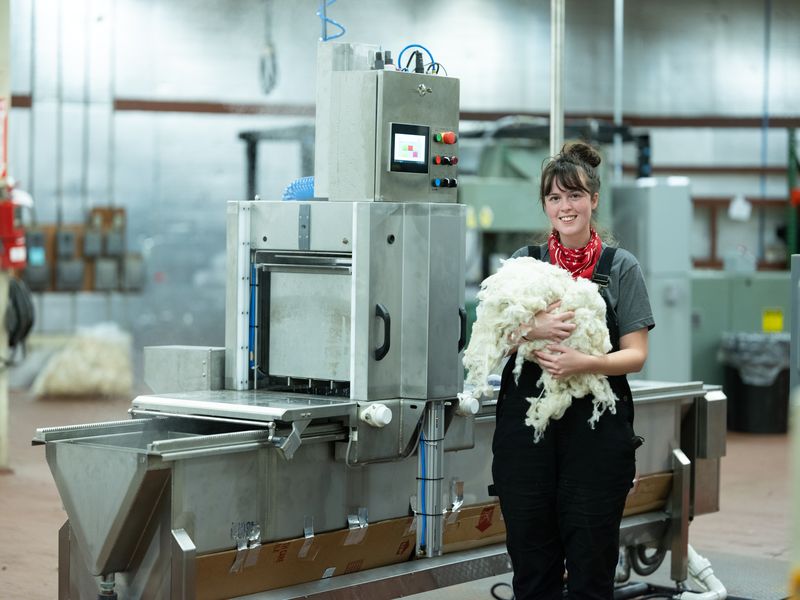
Fibershed’s Waste Wool Working Group
For two years I co-ran the Fibershed Waste Wool Working Group with Fibershed’s Lexi Fujii and explored the many uses of wool being thrown away all over the U.S. We had presenters come on from all over the world to discuss uses and pathways forward. For year 3, I have received grant funding for 2024/2025 to continue this work focusing in on scouring bottlenecks and farmer education. More here.
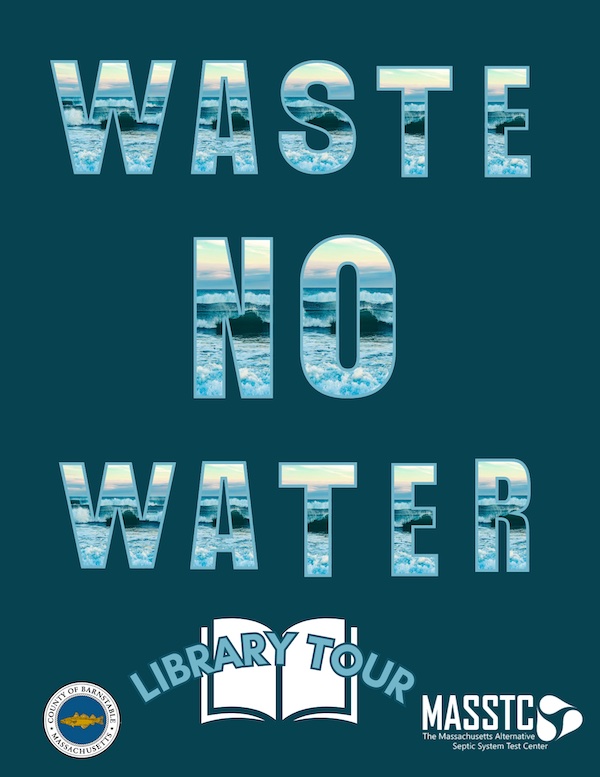
Waste No Water Library Tour
In April 2024, I created the Waste No Water Library Tour for the Massachusetts Alternative Septic System Technology Center (MASSTC). We launched the year-long series to engage the public in 12 Cape towns, focusing on the wastewater successes and challenges each town faces and choices homeowners can make to be proactive about their water. More here.
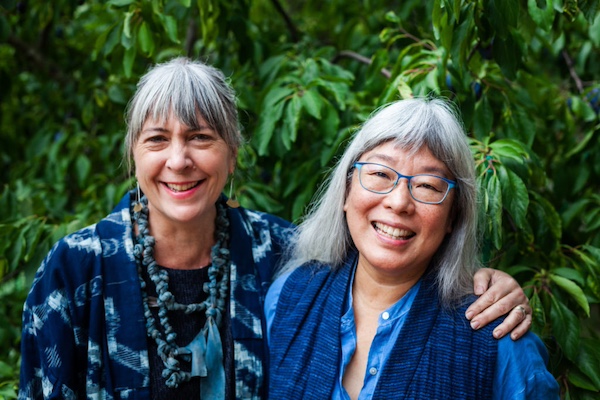
FEEDBACK FRIDAY
FEEDBACK FRIDAY went live in May 2020, two months into the pandemic lockdown. Botanical Colors’ Founder Kathy Hattori and I realized there was a need to gather community in a creative space with artists worldwide scared, lonely, quarantined and unable to take a class or workshop for inspiration. The result was overwhelming with well over 12,000 people having attended a presentation. More here.
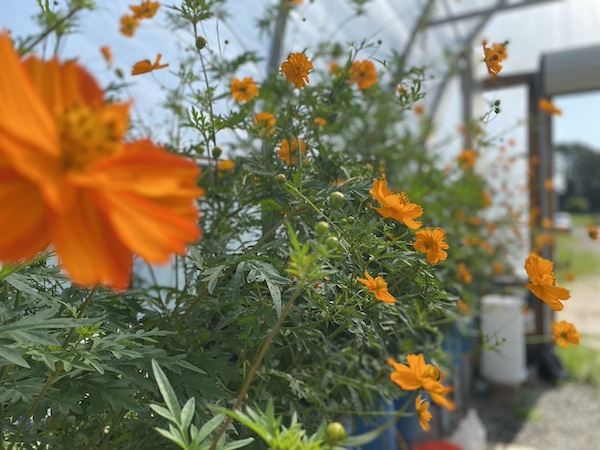
Scaling Natural Dye Farming Systems Using Urine + Waste Wool
Over the course of 2 years, I ran a wastewater + natural dye project. The team looked at data surrounding nutrients in the soil from urine fertilizing. While 2022 focused on whether wastewater would impact color and/or growth, (it did!), 2023 was a lot more focused on the ability to scale urine as a fertilizer. More here.
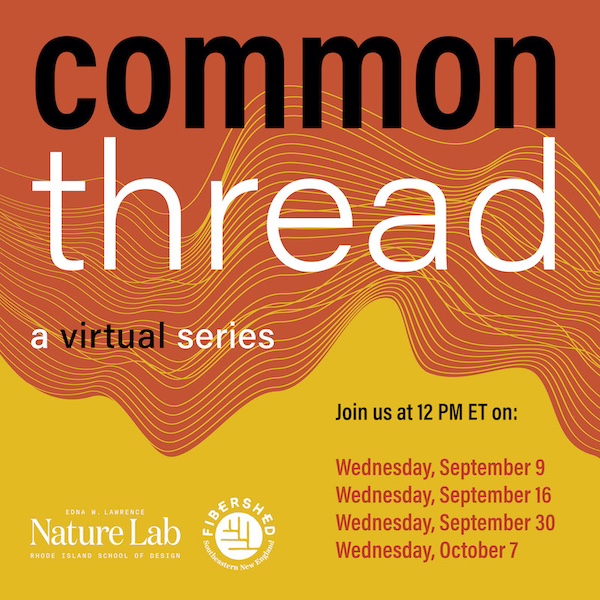
RISD’s Common Thread Series
In a collaboration with the Rhode Island School of Design (RISD), this four-part Common Thread virtual series featured conversations exploring the commonalities within regional systems tied to land, waste, material, and color and how they intersect with various modes of thought to drive positive change. More here.
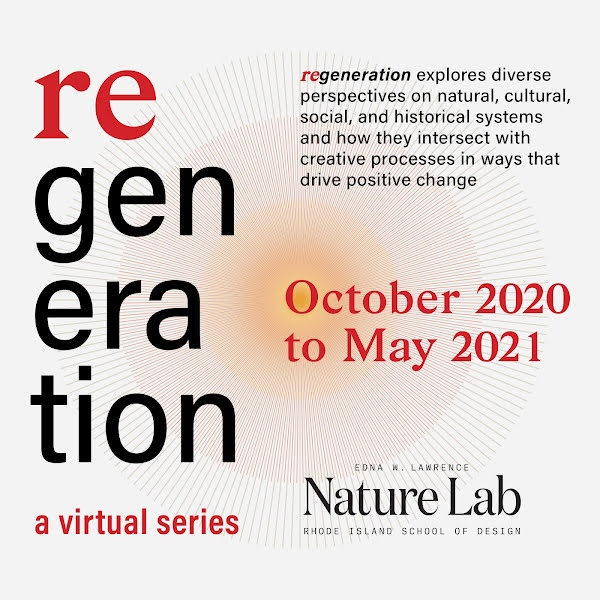
regeneration: A Virtual series
One of the main goals for curating this series was to focus on the voices that drive and lead many of the equitable and environmental movements, but that still tend to not be seen or included in the advertised discussions and innovations around sustainable making, climate change, community development, ways of being, and more. More here.
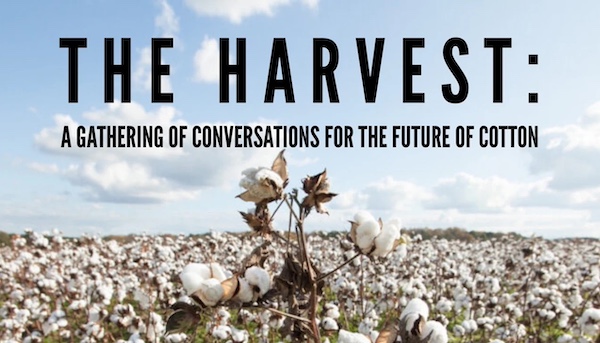
10,000 Pounds of Cotton project
The 10,000 Pounds of Cotton Project was a project to bring the farmer back to the table. The idea behind the project which revolved around the creating of a t-shirt, included a film and a 7-part series of conversations with each part of the cotton supply chain. The idea was that by connecting what we grow to what we wear, we can change the way people choose their clothing. More here.
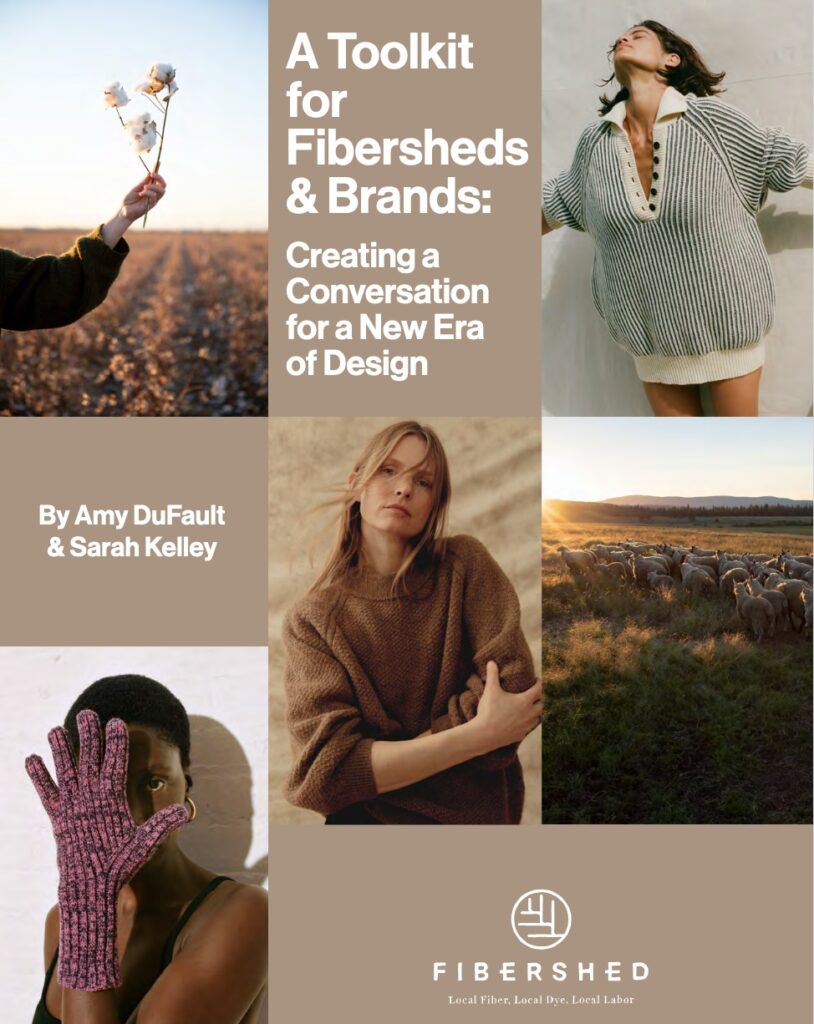
A Toolkit for Fibersheds & Brands: Creating a Conversation for a New Era of Design
Effective collaboration between fibersheds and fashion brands is essential for both parties. In early 2020, as the pandemic started to take root, global textile supply chains started to break apart. Large U.S. brands sourcing from other countries saw a major disruption in goods getting to them on time, and they saw how volatile the market was while in lockdown.
This tool kit, co-written by myself and sustainability consultant Sarah Kelley, looks at how fibersheds can work with brands and how brands can work with fibersheds and includes case studies and interviews. More here.
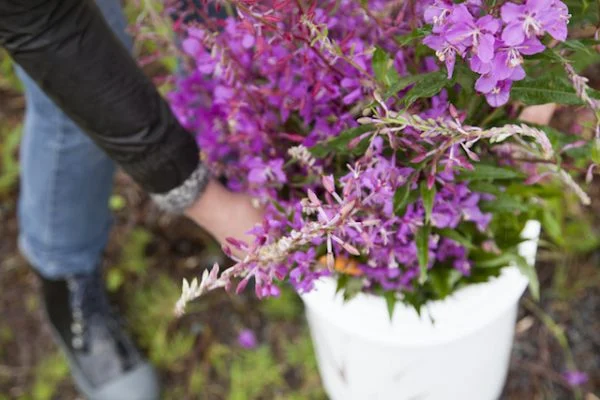
Food & Fibers Project: Wild Harvest Alaska at Mountainfilm
As an experiment into the crossover of food and fiber, long-time friend, artist and author Anna Brones, International League of Conservation Photographers/filmmaker and Pongo Media principal Jenny Nichols and I went into the wilds of Alaska to do a series of films around regeneration. What does it mean to only take so much to keep food, family, history and color alive? Watch here.